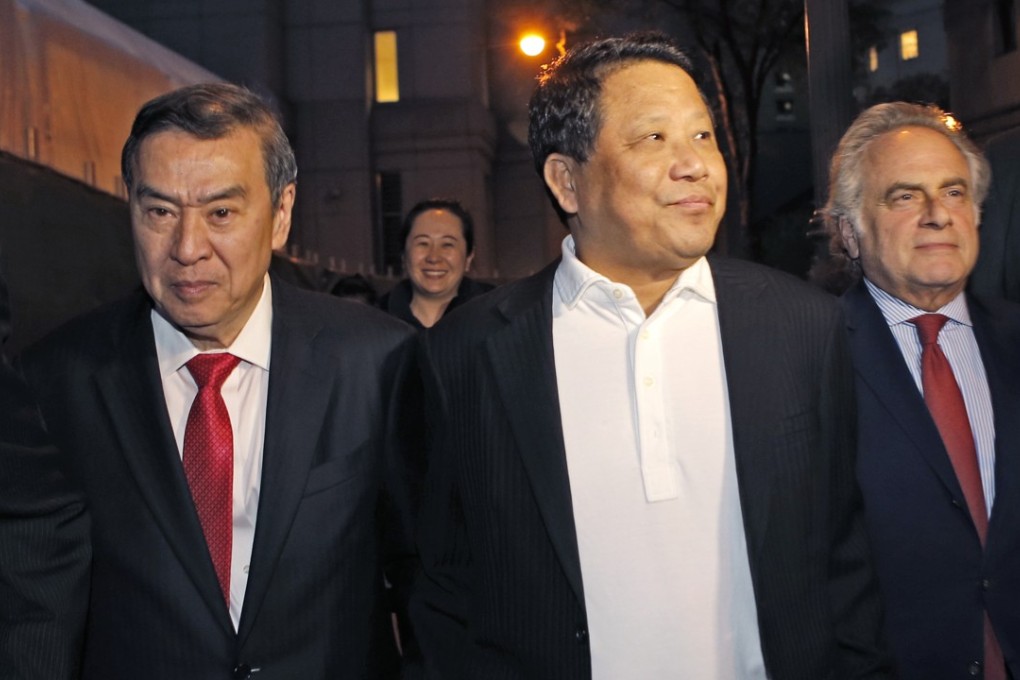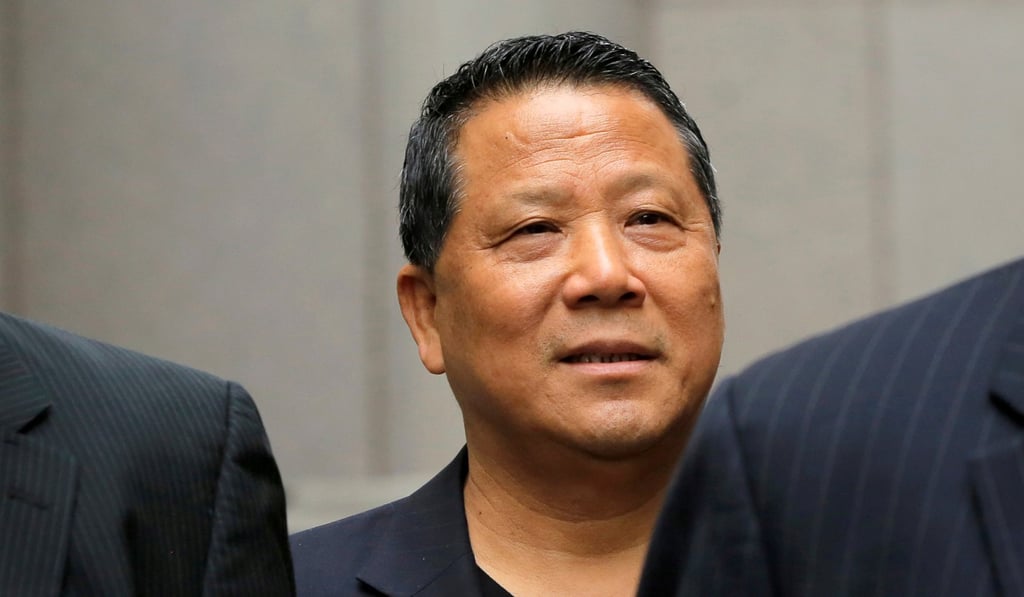Criminal or hero? Macau billionaire Ng Lap-seng’s UN bribery trial begins with duelling narratives
Payments to ambassadors were philanthropy, not bribery, defence lawyer says

Macau billionaire Ng Lap-seng was portrayed as a criminal and a hero during opening statements at his United Nations bribery trial in New York on Thursday.
Assistant US Attorney Douglas Zolkind told Manhattan federal court jurors that 69-year-old Ng corrupted two UN ambassadors so he could build a legacy by constructing a massive UN conference centre in Macau.
Defence attorney Tai Park countered that Ng was a philanthropist willing to spend billions of dollars to build the centre to benefit the UN before being betrayed by one of the ambassadors who requested contributions from him.
“Mr Ng acted in good faith at all times,” Park said. “He did not bribe anyone, not a single cent.”
Park said Ng’s actions were consistent with how the UN operates with public-private partnerships and he was being vilified after a heroic gesture of philanthropy.
